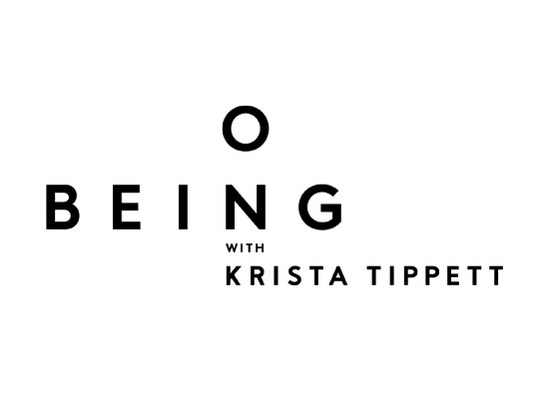On Being with Junot Díaz
When a thoughtful interviewer meets a brilliant mind (how I wish that happened more!), the result is a podcast like this. Every time I come across him, Junot Díaz becomes more and more special to me, and if this podcast had my favorite few moments of storytelling in 2017, then it's THIS episode that has my favorite conversation of the year. Some reasons why:
On the importance — the need — to feel:
It’s incumbent upon us to be reflective, to be complex, to be subtle, to be nuanced, to take our time in societies which are none of these things and which encourage none of these things, because after all, there is nothing, I would argue, more critical than to be misaligned from the — with the emotional baseline of any mainstream society.
I love this idea. Immensely. It's rare that we promote "misalignment" as a goal, but it makes excellent sense here. Indeed, what he says here goes directly to the root of some of our most important societal transformations (take the Civil Rights Movement as an example) and encourages us to look WAY beyond much of what we're force-fed. But he takes it further, and goes down a road I truly TRULY believe in: the importance of vulnerability.
And vulnerability is the precondition to contact. You can form no intimacy without vulnerability. I mean how many of us are in intimate relationships where we have incomplete vulnerability? We, ourselves, are not completely, yet, in, because we’re not completely vulnerable; and therefore, we have emaciated the opportunity afforded by these relationships.
And then he takes it even FURTHER, going down a road I believe in even MORE: the flawed idea of masculinity, and how it exists (and is often encouraged) to overwhelming detriment:
Well, yeah, I mean there’s a lot at work there, right? First, we were starting with the subject of masculinity and certain kinds of ways that masculinity enshrines and, in some ways, super-valorizes the ideal of the invulnerable male subject. I mean that’s a big part of what we would call hegemonic masculinity — that one is not vulnerable, that one is not penetrated, that one has a narrative where intimacy is not necessary. And when you look at the strictures, when you look at the rules of traditional masculinity, it’s all about creating an inhuman: someone who is all surfaces.
I could pull quotes for a while longer, but I think it's worth a listen in full. One more, though. After he questions people whose reach into American history only extends to a somewhat blindfolded praise of Barack Obama, condemns the "cannibal logic" that runs through so much of our society, he says something that may come across as simplistic, but he gives tremendous weight:
I mean what are we in this game, if not for love?








